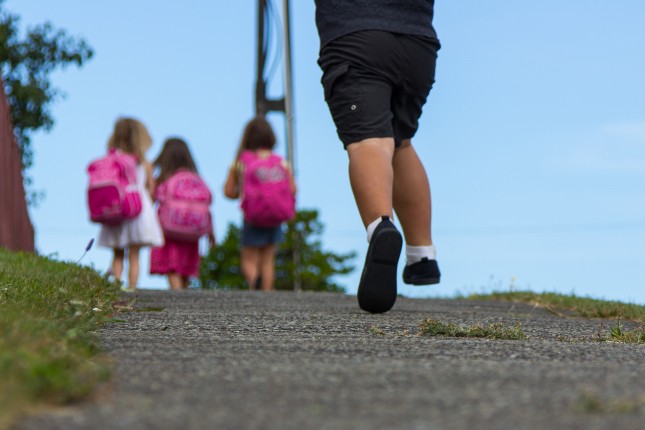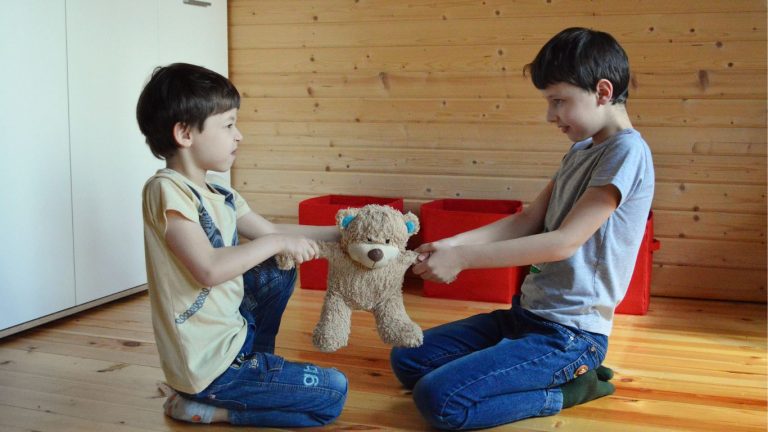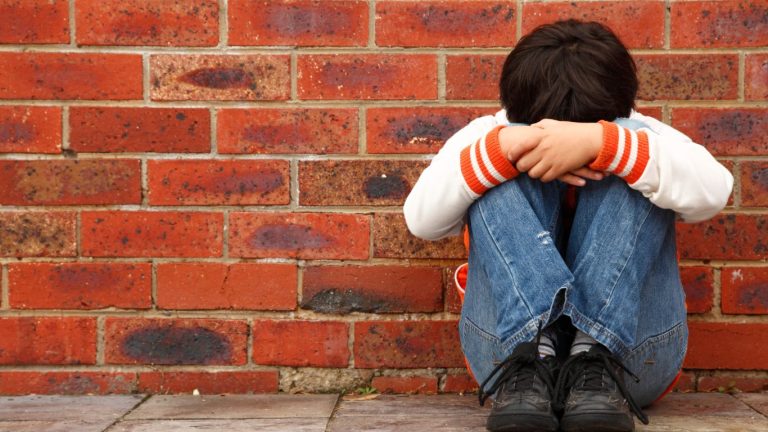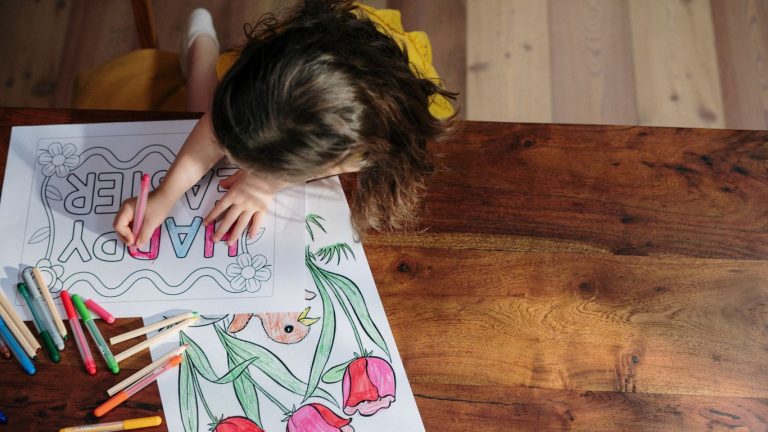As the school year ends, parents tend to breath a sigh of relief that the morning school rush is over, tired children will catch up on sleep, there’s a break in the need to complete homework and that crazy rush between school and after school activities will finally end.
But little thought is given to the idea that at the end of the eternal six week holiday, children will once again head back to start a new school year. Yet starting the new school year can be a very anxious time for children and their parents.
Schools differ in their policies with regards to informing children of their new class and teacher. Some schools begin this process the previous year – arranging for students to visit their future classroom and meet their teacher in an attempt to alleviate anxiety and begin the building of new relationships. Other schools defer this until the week before (or the day that) school begins.
In either situation anxiety for most is not completely reduced. Instead, children spend their last week of the holidays beginning to worry about who might be in their class, what their teacher will be like, what they might have to do on the first day and so on. For some extra sensitive students, this worry starts as they prepare to say goodbye to their beloved teacher of the current year.
Preparing Your Child for the New School Year
There are several things that can be done, some of which need to occur at the end of the previous school year. If your child is particularly anxious or sensitive to change, you may like to have a private discussion about this with the current classroom teacher or principal of the school.
1. Reduce Anxiety Around Changes at School
The school may be in a position to indicate where your child is likely to be placed in the new school year and make arrangements for them to have contact with their future teacher.
Alternatively, if your child has been placed in a classroom this year where they have formed undesirable or inappropriate friendships that you as a parent are concerned about, you can also have this conversation with your school principal. In larger schools, a simple separation can diminish any ongoing issues in this area.
If, however, your school is not in a position to indicate where your child is likely to be placed, then you can begin to prepare your child for their new classroom in the last few weeks of the school holidays.
For schools who post class lists in the last week of the holidays, make a point of visiting the school, looking at the list and then taking the child to the classroom. Orientating them to where their room is, as well as the location of the toilets, playground and water fountains. Discuss with them who they may know in the class and who would be the best person to sit with and play with during their breaks. Ask if they have had any time with the classroom teacher before and what they think their best feature is as a teacher.
Try to avoid reinforcing any negative ideas they may have about the teacher – instead look to support their newly forming relationship with positives and future-focused thoughts about the new year ahead. If the teacher is new to the school and an unknown, ‘talk up’ how exciting this must be – but also how nervous the teacher must be feeling meeting a class of students she or he don’t know. That both teacher and students will all be feeling funny on that first day.
2. Help Reinforce Your Child’s Previous Learning
Another way to prepare your child for a successful start to the new school year is assisting them to maintain the knowledge they have acquired over the year they just had. A common issue for many teachers at the start of the school year is the way in which children tend to ‘forget’ some of their learning from the previous year.
Children progress well through their reading, writing and maths levels across the course of the year, only to take a step back when arriving for the new school year. Parents can assist their children to maintain these levels by encouraging plenty of activities in the holiday break that support the level of learning their child is at.
This is not to say the holidays should be about spelling words, maths tests and reading ‘practice’. But parents can easily incorporate within holiday activities moments to remind children of what they know and how it applies to their day to day life.
For example, regular trips to the local library to select books and puzzles will keep the love of reading alive and well in a household. Assisting with the baking at home practices measurement knowledge. Filling the bath or pool with cups and jugs helps children understand capacity. Writing emails to family members, letters to Santa, thank you notes in response to gifts given all give purpose to future writers. Playing board games helps with social interaction, and learning about winning and losing. Sitting with your child at bedtime discussing the day’s events will also have huge benefit to children in terms of memory development, sequencing and so on.
The opportunities are endless if you have the luxury of time at home with your children over the school holidays. So help them to consolidate what they learnt over the school year in preparation for the next.
3. Establish School Routines Early
And finally, begin the school routine at least a week before children are due to start back at school. This means establishing bedtime routines, early nights and scheduling quieter activities leading up to the day school starts. Children take several days to get back into a routine, so starting this the night before school goes back already puts them on the back foot when sitting in the classroom in their first week.
Limiting screen time (Playstation, X-Box, tablets, computers and TVs) leading up to school starting assists them to get quality sleep and be in the rhythm of early bedtimes, well before they are required to sit and concentrate in class all day.
By allowing children time to prepare themselves for the transition back to school, armed with knowledge and positive thoughts about the new teacher, having holiday experiences they can draw from and talk about and established routines prior to the start of the new term, parents will ensure their children have a successful start to the new school year.
For more expert advice on starting back at school, check out our School & School Holidays section.






